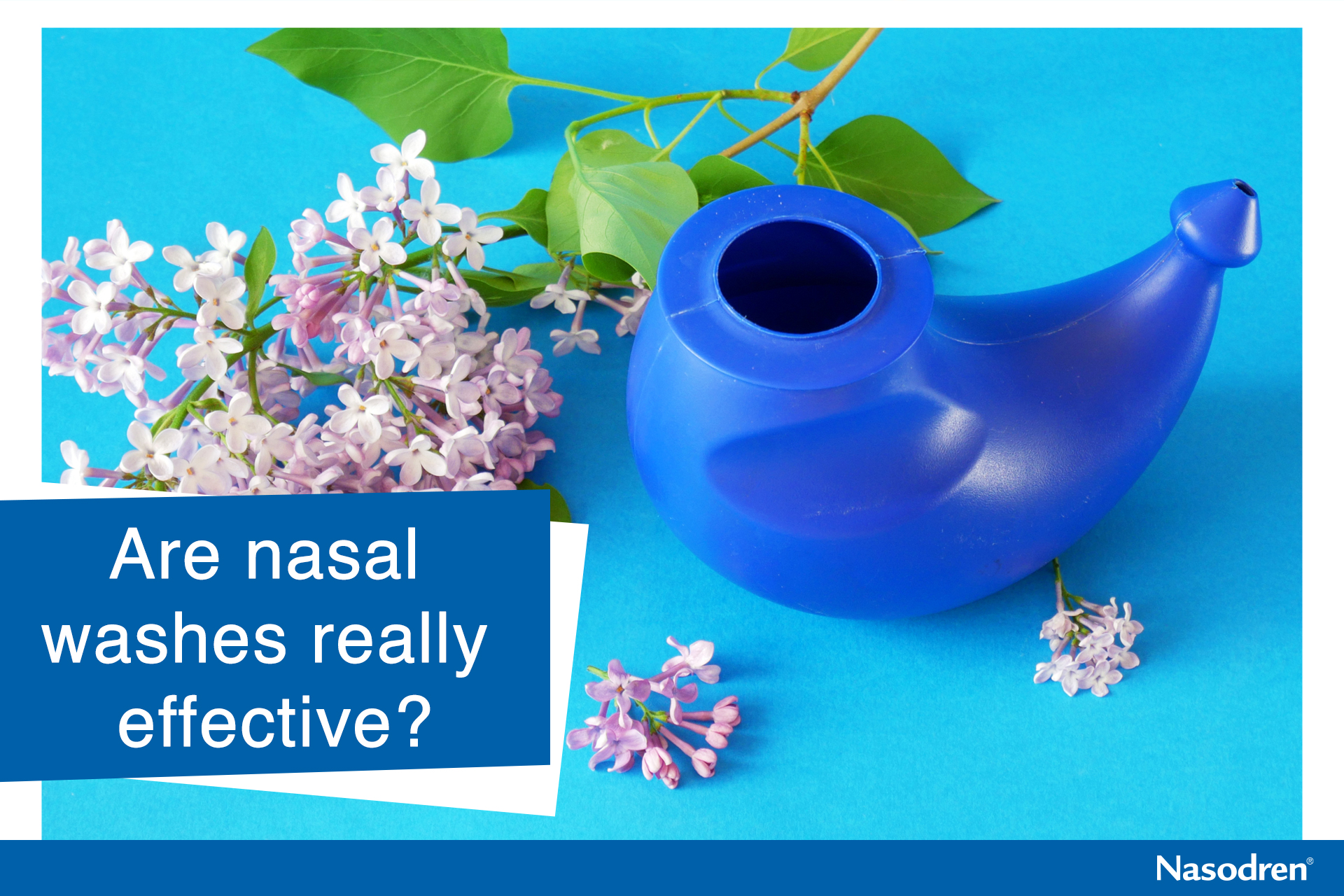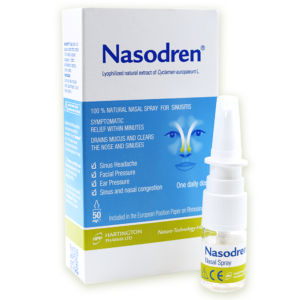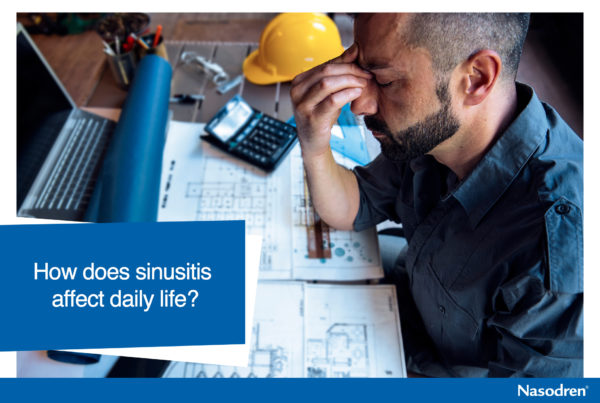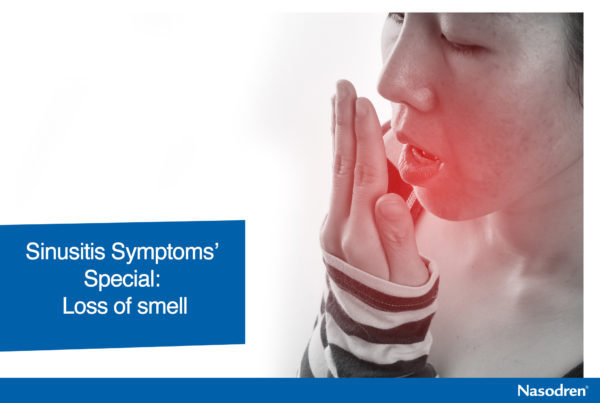With the arrival of the cold weather, colds and flu make their appearance. Although they are not severe conditions (with some exceptions), they do produce some annoying symptoms such as nasal congestion. One of the most commonly used methods to relieve these symptoms is nasal washes.
Normally we are not aware of our breathing, but when our nose is blocked, we feel terrible, especially at night. We sleep badly, our mouth becomes dry and we wake up feeling tired or even irritable.
That is why we look for remedies to clear or relieve nasal congestion. There are various products for this in the therapeutic arsenal: decongestants, sea water or saline, antihistamines or mucolytics (although many of these provide only mild, short-term relief).
Another therapy used for nasal congestion is nasal irrigation, using a Rhino Horn (neti pot): a ceramic or plastic pot that looks like a cross between a small teapot and Aladdin’s magic lamp. With this device a solution of salt and sterile water is used to clean the nasal passages.
The question is: are nasal washes really effective?
Some doctors, including ENT specialists, recommend nasal irrigation with a Neti pot or other method to patients who have undergone nasal and/or sinus surgery to remove any scabs.
Also people with allergy symptoms regularly use nasal irrigation devices, claiming that these devices relieve congestion, pain and facial pressure.
Clinical research has shown that nasal irrigation can relieve symptoms of sinus infection in most people when used in conjunction with other treatments and that in only a minority of cases can nasal irrigation relieve sinusitis symptoms without the use of other medical devices or medications.
Is it safe to use nasal irrigators (Neti Pot)?
Research has found that the use of Neti pot is generally safe. A small number of regular users experience mild side effects, such as nasal irritation and itching. Nosebleeds can also occur, but they are rare.
However, the FDA (Food and Drug Administration, the US government agency responsible for regulating food and drugs) warns that the misuse of nasal irrigators can be dangerous and lead to infections, including that caused by the deadly Naegleria fowleri, better known as the “brain-eating amoeba“.
In a statement, the FDA said that when used and cleaned properly, irrigators are typically safe and effective. The first rule of safety is to rinse only with distilled, sterile, or previously boiled water.
In summary, nasal washes can help relieve the symptoms of conditions that affect the nasal passages and sinuses, such as sinusitis, especially when used in conjunction with other treatments and must be used with the utmost safety and hygiene to avoid infections that in some cases can even be fatal.










